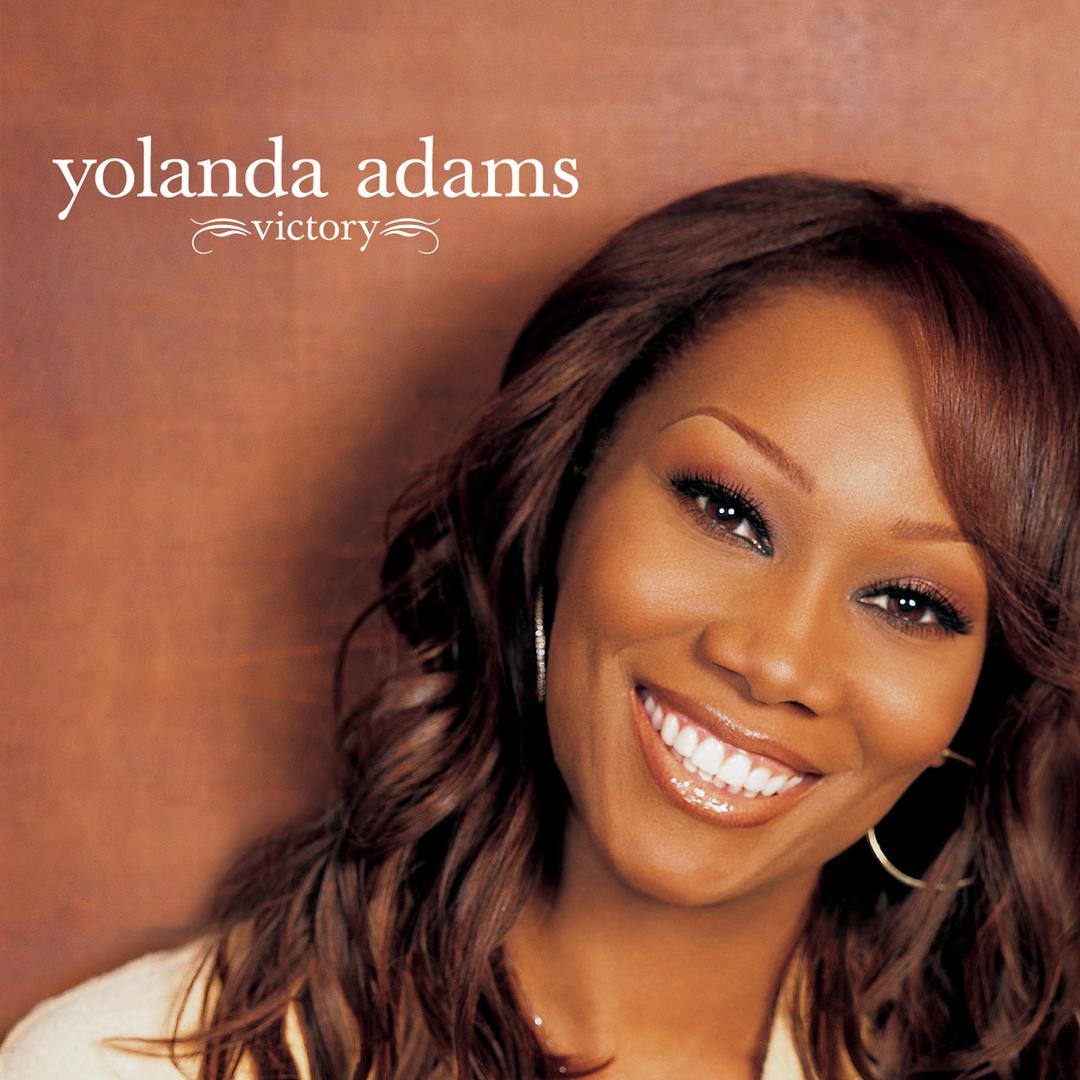
So in my mind, I never had those types of restrictions placed on me. We danced in our house, so I didn’t have the stronghold and the bars of “You can’t do this” and “You can’t do that.” I lived in such a cool house, God was so cool, he went to the skating rink with us on Friday and Saturday and went right to church with us on Sunday. In my household, we listened to everything. Why does she have to be so jazzy?” They have to understand I was never part of a traditional gospel-type upbringing. When I first started, people were like, “She’s really jazzy. Your sound wasn’t as secular it just translated. You probably got less criticism than Kirk and the Marys because people felt like their sound was secular. I think it’s hard for people to appreciate how big that was, then.
Yolanda adams the battle is not yours live cracked#
Bebe and Cece Winans cracked the door open (in the ‘90s), but you, Kirk, and the Marys blew the gap between gospel and secular all the way open. Let’s talk about your audience, though, because you were part of the class – along with Kirk Franklin and Mary Mary – that broke gospel music open to the mainstream. I don’t have to fight for what belongs to CeCe, I don’t have to fight for what belongs to Vicky, or what belongs to Tasha Cobb, or anybody like that, because God has so strategically given me the platform that I have, and my responsibility in that is to be the best Yolanda I can be. The thing that I have always said is that in this vast universe that we live in, there is an audience for everyone, and then there’s an audience that’s being left out, that somebody else needs to capture. I always knew that what I brought to the table – and CeCe (Winans) and I have this conversation often – there was never any competition between her and I, or Vicky Winans or all of the great women in gospel music at that time because we all had our niche. So, no, I never thought that I had been underappreciated or undervalued. So the best thing for you to do is something that you can use your radio/TV journalism degree in.” And I thought about it, and I’m like, “Wow, you know what? You are so right!” So a great conversation with her and being built up by her resulted in the creation of (the decade-long show). She said, “There will come a time, especially when Taylor gets older, that you will want to be home. I did ( The Yolanda Adams Morning Show) as a result of having a conversation with Nancy Wilson. Whenever I would call Tramaine and say, “How do I do this, this, and that?” She would always explain. You make us look good every place that you go.” I had that support. I’ve had so many people, like Shirley Caesar, Tramaine Hawkins, Albertina Walker – all of the great women who said, “We’re so proud of you, you keep doing what you’re doing. I’ve had such a great support system with my family my husband, my daughter. I’ve never felt that I was in it by myself, although I’m a solo artist. And you’re enjoying doing you so much, that everybody else comes along and they join the bandwagon. It’s not like you’re trying to do anything that’s different you’re just doing you. One of the things that I do know is that sometimes you’re blazing trails that you really feel are just the norm. As a matter of fact, I believe, personally, that I’ve been one of the most applauded gospel artists, especially female. Yolanda Adams: I’ve never felt as though I’ve been cheated or not awarded. You are definitely a trailblazer, but do you feel like you’ve been under-appreciated considering the magnitude of your contribution not just to gospel music, but music overall?

The BMH are meant to tribute trailblazers in Black music who may not have otherwise gotten their roses. VIBE: You are being awarded the Gospel Music Icon Award at 2019 Black Music Honors.

On the eve of receiving the Gospel Music Icon Award at the 2019 Black Music Honors, VIBE talked to Adams about the sisterhood of Gospel, how she maintains her eternal slayage (who knew Yolanda Adams was a distance runner?), the power of music, and man-made restrictions in the church.


 0 kommentar(er)
0 kommentar(er)
